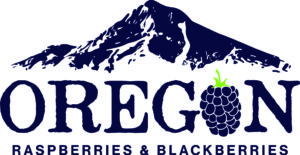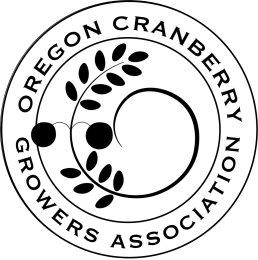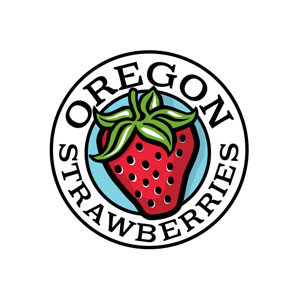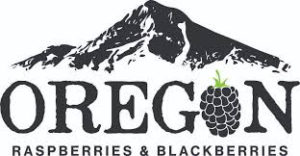Heat stress in wine grapes: acclimation and potential mitigation
- Research Status: Project completed 2019 - 2023
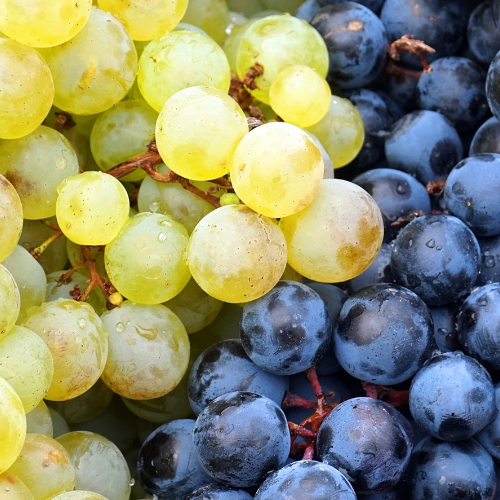


Ben-Min Chang, and James Harbertson
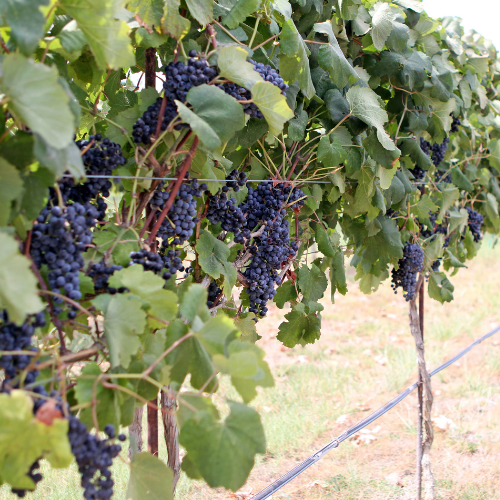
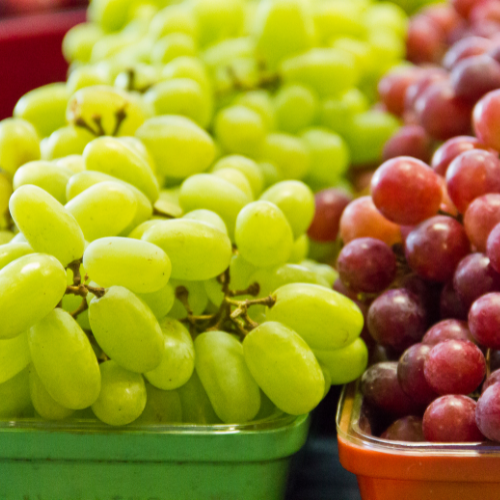

Heat stress poses challenges for the sustainable production of premium wine grapes in the Pacific Northwest. The intensity of heat waves has been increasing. For example, the series of heat wave events in 2021 broke temperature records in many locations in this region, and heat waves were again common during the 2022 and 2023 growing season.
Chang B.M. 2021. Vineyard heat management: Acclimation and mitigation. Washington State University Viticulture and Enology Extension News, Spring 2021, pp. 4-5.
